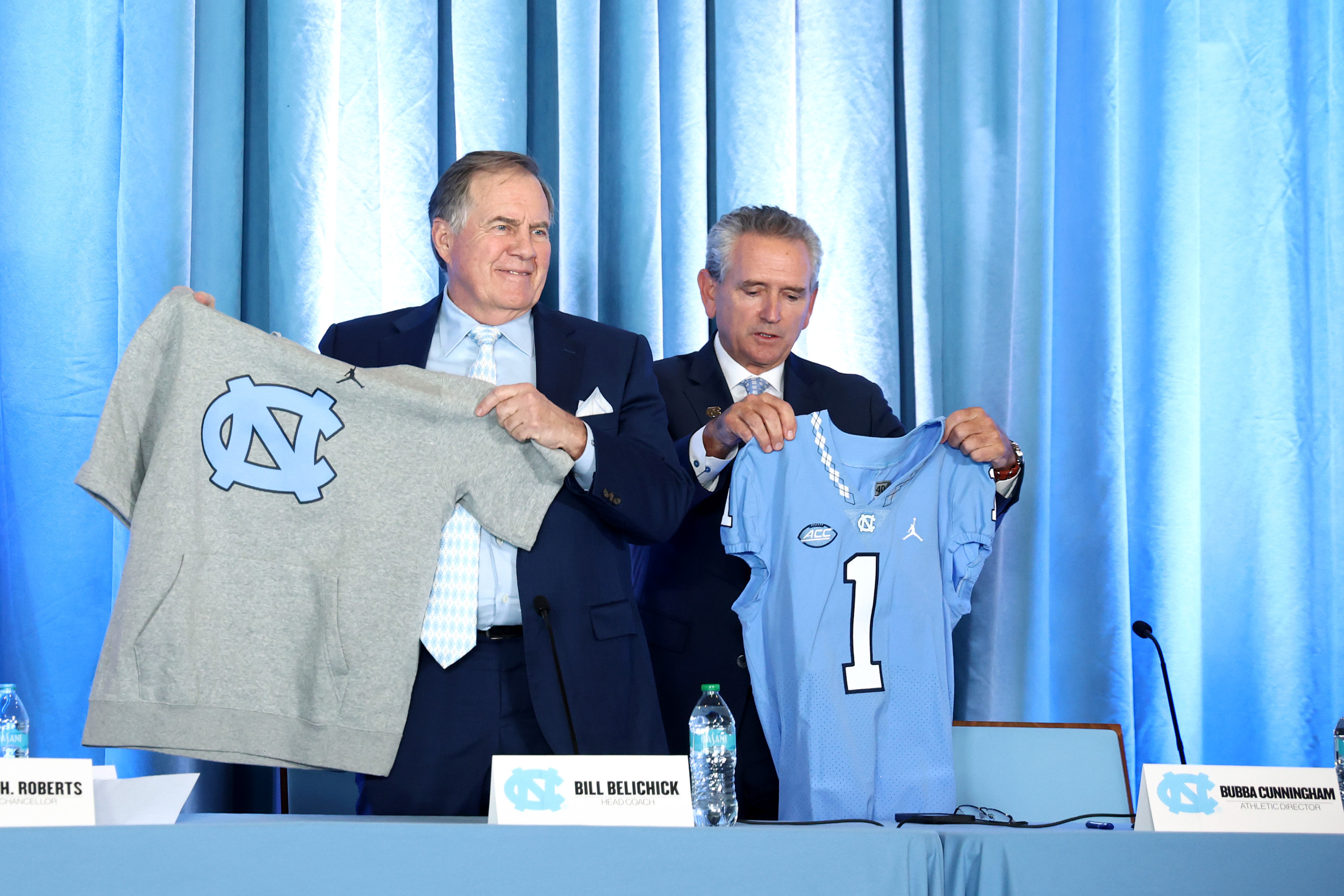The Centers for Disease Control and Prevention (CDC) warns that while the risk of human to human transmission remains low, experts and officials must be aware of the risk that mutations in the virus could rapidly change that picture.
WHY IT MATTERS
The first case of the H5N1 virus, known as bird flu, in the U.S. was reported earlier this month after a patient had been exposed to sick and dead birds. The case was confirmed on December 13, and the agency stressed that previous cases have typically been mild.
However, concerns remain high after novel coronavirus pandemic, so the CDC has been carefully tracking and announcing new mutations discovered in the virus. One such mutation may have occurred after the patient contracted the virus, the agency said in an update after Christmas.
Where Did Bird Flu Come From, and How Does it Spread?
Most cases have come from exposure to birds – just by mere coincidence – with five cases coming from probably exposure to infected commercial poultry. The CDC has tentatively tied those cases to three instances from Washington and two from Arizona.
Some cases have come from dairy herds, which is where the CDC believes the bulk of cases occurred in California – all but one case, which the CDC put down as "unknown" source.
Los Angeles health officials warned residents to "avoid unprotected contact with sick or dead animals including cows, poultry and wild birds; avoid consuming raw or undercooked animal products, such as raw milk; and protect pets and backyard poultry from exposure to wild animals."
"It is also important for everyone to get the seasonal flu vaccine, which can help prevent severe seasonal flu illness and lower the risk of getting both seasonal and bird flu infections at the same time if exposed," a statement from the Los Angeles Department of Public Health (LA DOH) said.

Where are Confirmed Cases of Bird Flu?
Bird flu cases have been recorded in 10 states: California, Colorado, Iowa, Louisiana, Michigan, Missouri, Oregon, Texas, Washington and Wisconsin.
California declared a state of emergency in response to the outbreak. In the CDC's most recent update on December 24, the CDC said that 10,917 birds have been detected with the infection across 51 jurisdictions.
However, zero person to person infection has occurred as of the latest CDC update with only 66 confirmed cases across the United States. California has recorded 37 cases – the most recorded by far in any state so far. Washington has 11 reported cases, and Colorado has 10 reported cases.
All other states have only one case, except Michigan which recorded two cases.
How Do You Catch Bird Flu?
The CDC has said that human cases of bird flu have occurred after people came in contact with animals that carry the infection. Usually, wild birds spread the virus, especially after they die and other animals eat their remains or come in contact with them.
The CDC reported that over 100 different wild bird species, usually among waterfowl can carry the virus with minimal symptoms. Ducks may not get sick at all from the virus.
Contact with an infected bird or their excretions (mucus, saliva or feces) will spread the virus to domestic animals such as chickens, cows or even pets. This has led to some culling of potentially infected populations to prevent rapid spread and evolution of the virus.
What are the Symptoms of Bird Flu in Humans?
Bird flu symptoms include eye redness or discharge, fever, cough or difficulty breathing, sore throat, muscle or body aches, diarrhea and vomiting, occurring to the LA DOH.
The CDC warned that bird flu complications can include pneumonia, respiratory failure, acute respiratory distress syndrome, acute kidney injury, multi-organ failure, sepsis and septic shock, and inflammation of the brain.
H5N1's incubation period is typically about three days but can range from two to seven days for respiratory symptoms and only a day or two for eye redness and irritation. The CDC likened the incubation and symptom onset to seasonal flu, with people most contagious during the first few days of illness.
The symptoms usually last a few days to less than two weeks, but the duration "can vary by person," and some people possibly sick for "several weeks."
Is There a Vaccine for Bird Flu?
Currently, the CDC and U.S. federal government have no vaccine for the H5N1 bird flu, but some are in development, including one from Moderna.
How Likely Is It that Bird Flu Will Turn into a Pandemic?
Health officials determined the most recent mutation of the bird flu has potential to more easily transmit between humans, but such transmission has not yet happened.
"The changes observed were likely generated by replication of this virus in the patient with advanced disease rather than primarily transmitted at the time of infection," the CDC said this week.
While the CDC remains "concerned" about the development, officials have said that the mutation would be more concerning if they determined it had developed in birds and wildlife that could spread it more easily.
Dr. Michael Osterholm, director of the Center for Infectious Disease Research and Policy at the University of Minnesota, told CNN on Friday that he believes the U.S. Department of Agriculture "dropped the ball" on bird flu, speculating that they likely hoped it would burn out and not spread much.
After Louisiana reported the first "severe" case of bird flu, however, Osterholm urged federal officials to prepare for a possible pandemic.
Dr. Deborah Birx, the White House COVID-19 response coordinator for the first Trump administration, warned that people "have our head in the sand about how widespread this is from a zoonotic standpoint" and called for testing of farmworkers to find any possible case.
What Happens Next
The CDC will provide another update next week following a short break for the federal holiday around Christmas.
The White House has yet to announce any kind of plan or authorization for potential vaccines, which President Biden could do upon returning to work next week.











.png)








 English (US) ·
English (US) ·